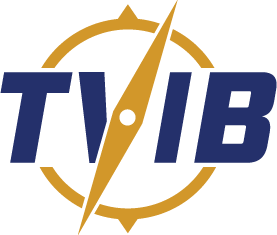USCG: 2018 State of the Coast Guard Address
03/05/2018
Adm. Paul Zukunft, commandant of the U.S. Coast Guard, delivered the State of the Coast Guard Address March 1 at the National Press Club in Washington, D.C. This was Zukunft’s final State of the Coast Guard Address, as he will retire June 1, following the Commandant’s Change of Command.
Click here to access the video and written transcript of the commandant’s speech.
